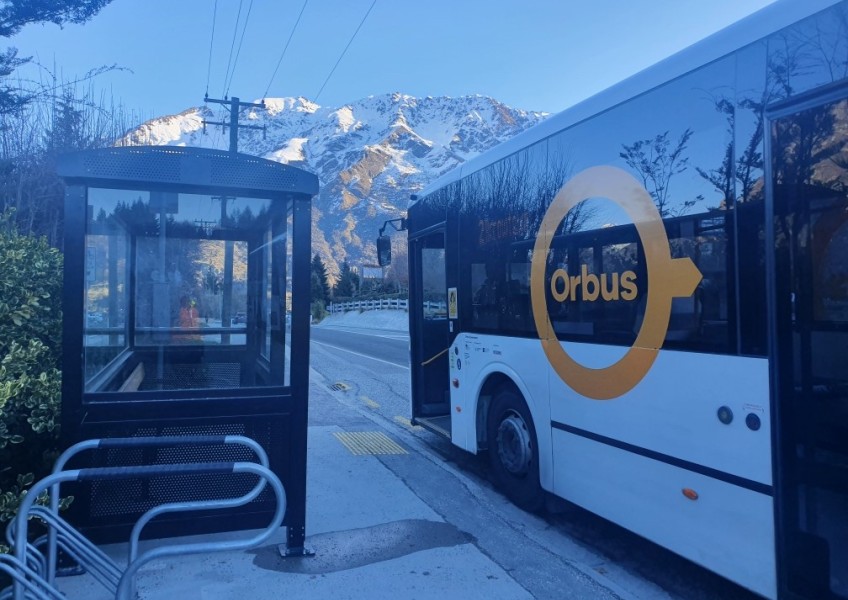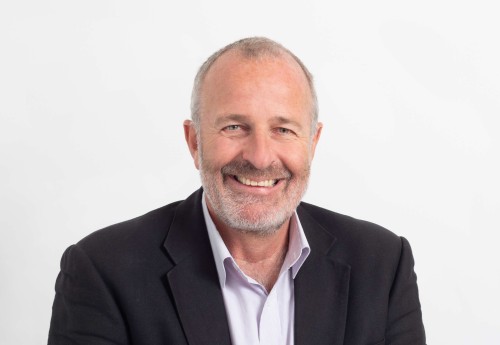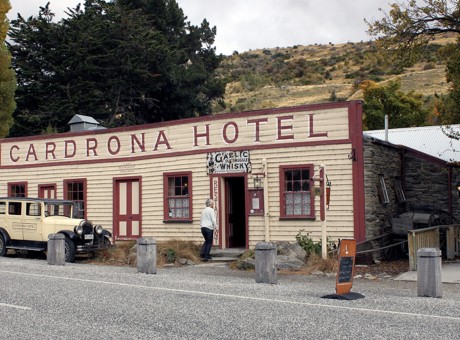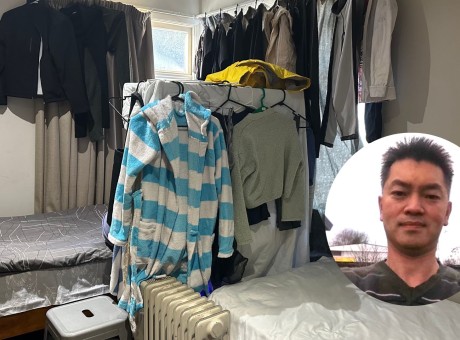Next year before Queenstown's bus timetable to be relied on: ORC boss

The Otago Regional Council is boosting wages again in an attempt to entice qualified drivers back onto buses to shore up schedules in Queenstown, but the council's boss says users shouldn't expect full services to return until early next year.
Bus timetables in both Dunedin and Queenstown have been impacted for many months, frustrating commuters, with the regional council admitting "ongoing, widespread cancelations daily" in Queenstown especially.
Queenstown Lakes District Mayor Jim Boult has repeatedly asked for his council to have a bigger role in the provision of public transport services in his district, and the ORC is indicating it's now willing to deliver on that request.
In a statement to media today on the decision, ORC interim chief executive Dr Pim Borren says the council is committed to working on solutions to address the acute driver shortages that have caused the disruptions and issues of governance.

Interim ORC boss Dr Pim Borren 'We acknowledge and apologise for the severe impact on passengers in Queenstown especially, and the need to return to delivering a reliable and consistent service as soon as possible.'
At the end of September the council agreed to top up driver wages to meet a living wage of $23.65; this week, the council agreed to up wages further, to the median wage of $27.76.
The new pay rate will kick in almost immediately, on October 1.
“This will start to attract the qualified New Zealand bus drivers who currently reside in Otago back into driving buses, since this rate of pay will allow operators to compete more effectively with trucking companies, taxis, and uber drivers,” Dr Borren says in the statement.
The increase will also mean bus driver wages meet Immigration NZ thresholds, allowing offshore recruitment of drivers.
"New Zealand has been reliant on migrant bus drivers for many years although this labour force has dried up as a result of Covid-19,” Dr Pim says.
Queenstown Lakes District Mayor Jim Boult, along with Dunedin City mayor Aaron Hawkins last month released a joint statement claiming the regional council has been dragging its feet in delivering a reliable, usable and more environmentally friendly public transport system.
Both mayors have called for an open discussion about different models of government for public transport services.
In today's statement, Dr Borren commits to action, saying he'll take several options to the incoming ORC Council, including consideration for potential joint governance arrangements with the Queenstown Lakes District and Dunedin City Councils - if that's what each wants.
He is taking “direct responsibility and accountability” for improving service levels because the current status quo “is not an option”, he says.
"The focus will be to consider what is affecting services and timetables and how driver shortages, pay rates, driver recruitment and retention and localised issues, such as accommodation, can be addressed to help meet the public transport needs of our communities.
“We want to synchronise some of our efforts to tackle these ongoing issues, because it’s affecting so many communities across Dunedin and Queenstown on a daily basis.”
The reduced timetables resorted to in both centres in July, originally planned for the short term, have now remained in place “indefinitely”, he says.
“However, on the basis of our actions and working with our two bus operators, we anticipate a return to full timetable services after the December and January summer period.
“We acknowledge and apologise for the severe impact on passengers in Queenstown especially, and the need to return to delivering a reliable and consistent service as soon as possible.
“The Covid-19 pandemic has created a perfect storm for public transport operators across the country, prompting the nation-wide driver shortage."
The ORC estimated in August the cost to lift driver wages to the living wage was almost $500,000.
Today Dr Borren has confirmed the latest pay jump will cost a further $750,000.


























